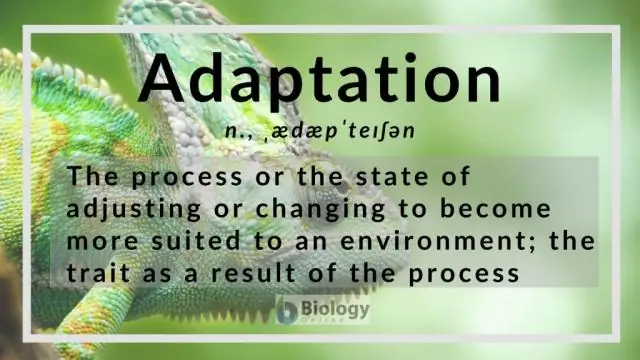- Author Rachel Wainwright wainwright@abchealthonline.com.
- Public 2023-12-15 07:39.
- Last modified 2025-11-02 20:14.
Hypervitaminosis
Hypervitaminosis (hypervitaminosis; Greek hyper- - over, over, excessively + Latin vita - life + amines + Greek -ōsis (word-form suffix) - disease) is a name that combines pathological conditions resulting from intoxication of the body with excessive intake in it vitamins.
Allocate:
- hypervitaminosis A (hypervitaminosis A) - against the background of intoxication with vitamin A (retinol); manifests itself in an acute form with bradycardia, headaches, vomiting, nausea, apathy, lethargy, skin rash, and in a chronic form - dry cornea, lacrimation, hair loss, hyperkeratosis of the mucous membranes and skin;
- hypervitaminosis D (hypervitaminosis D) - against the background of intoxication with vitamin D (calciferol); manifests itself in adults: diarrhea, polyuria, thirst, general malaise, conjunctivitis, bone pain, and in children: adynamia, loss of appetite, vomiting (sometimes), delayed growth and weight, yellowish-earthy tinge and dry skin.
Found a mistake in the text? Select it and press Ctrl + Enter.






